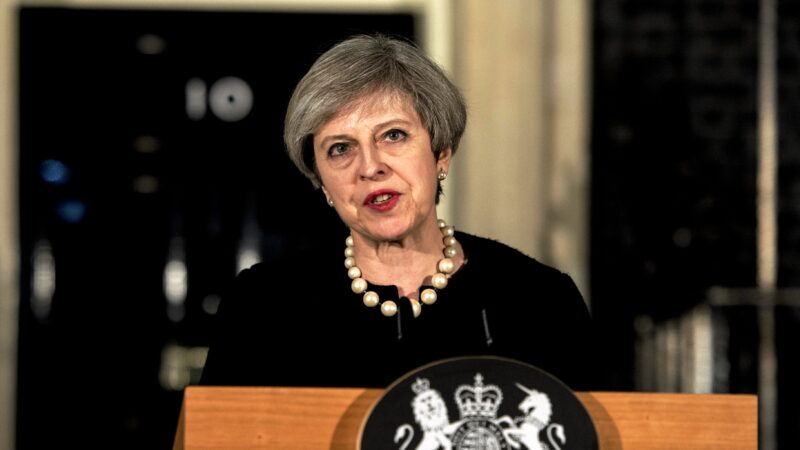Why it might make good tactical sense for the Tories to oust Theresa May after the “Meaningful Vote”

Theresa May stumbles on. Disliked by all in equal measure, she nevertheless has managed to survive through an awful election result in 2017, to get a Brexit Withdrawal Agreement and Political Declaration signed off in Brussels and, most recently, has seen off a poorly organised putsch by the ERG group of Brexit hard liners. She has staked it all on being able to deliver the Brexit that she has interpreted that the British population wants, and has brought it to somewhere close to being achieved.
But sometime between 10th and 12th December she faces the “Meaningful Vote” in Parliament, and that is where is all might end. And, I think, should end.
I explored all the likely reactions to the vote failing in this post yesterday. And ousting May was, I concluded, the most likely short term outcome.
The ERG’s effort to remove May before she had a Brexit deal done and dusted in Brussels looked crass. It was not fair to make that judgement on her before the deal was complete, and indeed before Parliament votes on it. But once Parliament does, in a couple of weeks, what argument is there then to possibly keep May?
May has staked it all on this deal and, importantly, this deal has her fingerprints all over it – most notably with regard to immigration, as Rafael Behr points out in this Guardian column.
Ultimately what May really thinks about Brexit as an idea in general is still rather unknown.
But what we do know is that two things drive her: the determination to reduce immigration to the UK (pursuing what she started at the Home Office between 2010 and 2015), and the duty, as she sees it, to see Brexit through. And the only thing she cannot contemplate is a No Deal Brexit because – unlike some in her Cabinet and party – she is not a fool.
To put it another way, there might be other Brexit variants that would be possible for a Tory Prime Minister. But there are pretty much no other Brexit variants that one could imagine that Theresa May could advocate.
Here then is an opportunity for someone like Michael Gove in the immediate aftermath of the Meaningful Vote going against May’s deal. Gove is a Brexiteer without doubt, but is not as obsessed by migration as May. He could, theoretically, pivot a Tory government and the Tory Party towards a Brexit that would gain wider parliamentary support – along the lines of Nick Boles’s “EFTA for now” ideas. The Sun has more on these sorts of plans here. Start to loosen the Freedom of Movement red line, and some other softer Brexit opportunities open up. This is a route that might appeal to pro-Brexit-but-anti-No-Deal-Brexit Tories. Perhaps then they too could join the group pushing to remove May.
Now don’t get me wrong here – I am still not in the slightest convinced that this would work EU side. The EU is annoyed enough at the Brits as it is, and that annoyance would only grow were the whole balance of the Brexit deal be thrown into chaos at the last minute. And trying to negotiate a substantially different Brexit would probably require an Article 50 extension (to buy time), and that on top of whatever time the Tories would use up with a no confidence vote in May.
But when has a timetable in the EU, or indeed pretty much anything EU side, distracted the Tories from their internal party negotiation about Brexit? Why should EU concerns bother them now? May – for both hardliners and pragmatists – was useful to get a deal in Brussels, but when that deal fails in Westminster she is a zombie Prime Minister incapable of offering any way forward. Realising that, hardliners and pragmatists alike should call time on her premiership.